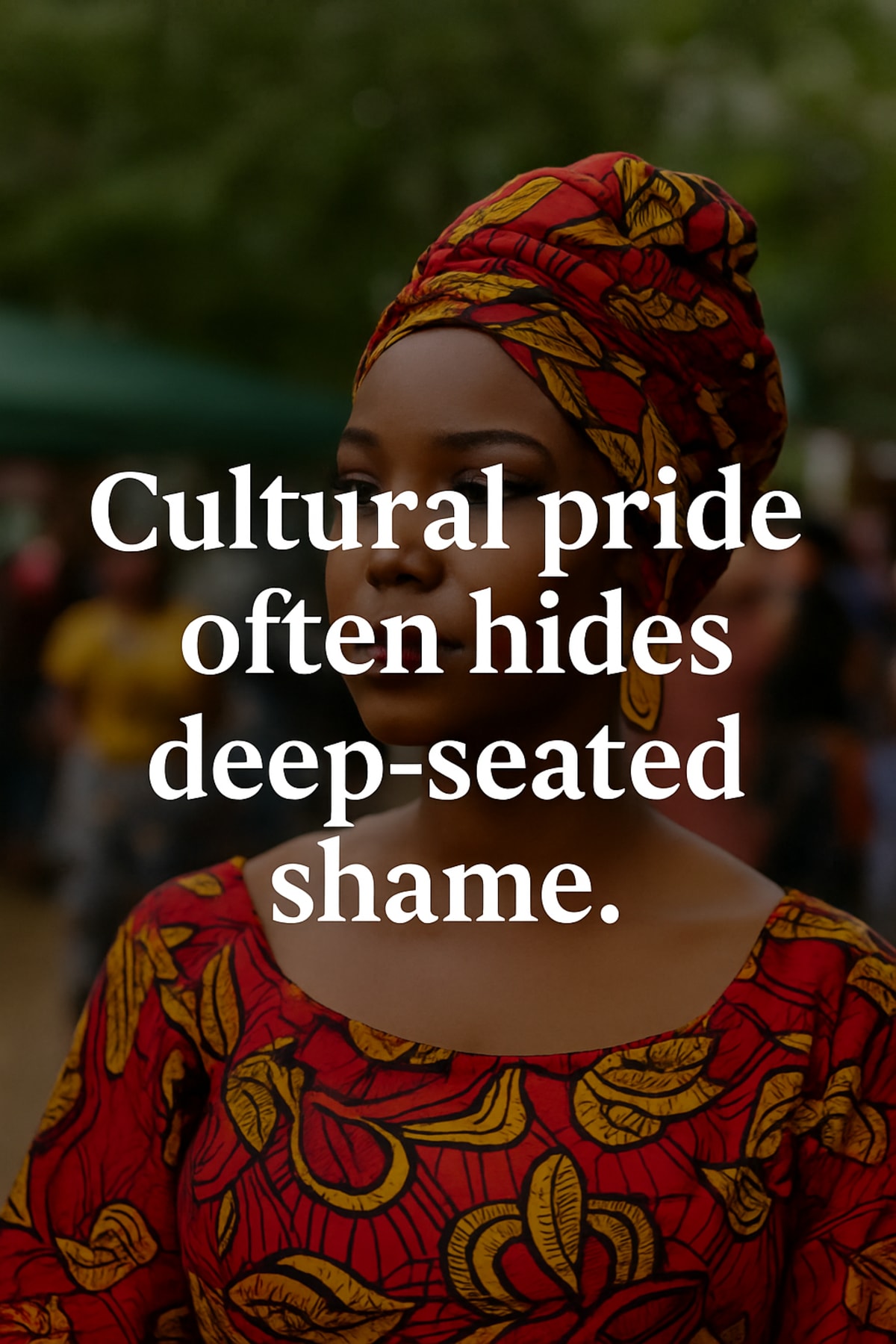In 2003, after what I still regard as an act of quiet discrimination during an interview in Cardiff, South Wales, I made a decision that would follow me for years: I tried to remove every trace of the English element from my name when applying for jobs. If the sound of my heritage unsettled someone, so be it. I refused to smooth my accent into a palatable British tune.
In rooms where cultures collided, my words moved with ease , I was a proud envoy of where I came from. But pride is a curious thing. Behind my confident replies and easy laughter, another scene would be playing a quieter memory, laced with the sting of being seen but not accepted due to immigration rules.
Later, when immigration challenges turned me into an “illegal” in the UK, I slipped, almost without noticing, into a deeper form of Black consciousness. At first, it felt like empowerment, but over time, I saw how my focus narrowed, my world tightening into a smaller circle of belonging. My pride had started to grow walls.
That experience never left me. It taught me that belonging is a fragile thing , and that cultural pride can sometimes be less about celebration and more about survival, a mental one.
Throughout my years in the UK, my smile was never false , but it was armour.
The truth is, cultural pride can be like a bright cloth wrapped around old scars. We wear it loudly, in our songs, our food, our expression , but beneath it, we wrestle with fractures and unfinished reconciliations.
Real pride does not deny the hurt. It holds both the wound and the wonder in the same hand, refusing to let either define us alone. Only then can our culture stop being a battle we defend, and start becoming a home we can rest in.
